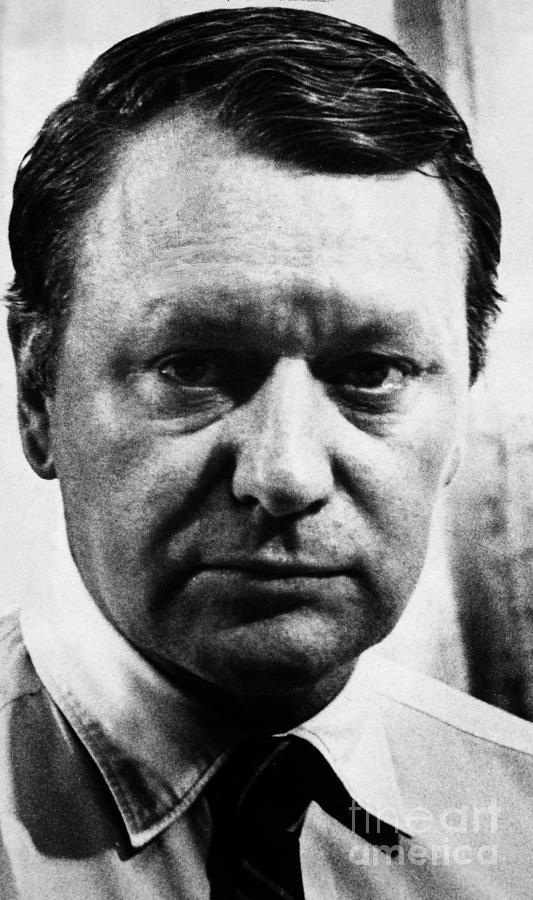In addition to the convincing information that Henry
Kissinger “cooked” the Yom Kippur War in order
to advance his own goals, there is an op-ed from the war time written by James Reston, one of the leading
US journalists. The article that was partially translated into Hebrew in the Israeli
magazine “Ha’olam Hazeh”
corroborates the “cooking” theory and demonstrates that the US Secretary of State
was against Isreali and Egyptian victories. Kissinger’s broader goal is not
mentioned in Reston’s op-ed: that both sides will crawl and bid for help from
the US. Something that should strengthen the US position in the Middle East and
generally.
Already in 2012 I wrote about the The Yom Kippur War and the Kissinger Plot. The evidence mentioned there was strong and described my general belief, although there are still holes and a lot of details to be looked into and investigate.
E.g. in 2012 I wrote:
“On 13 October 1973, in the middle of the Yom Kippur war, Kissinger said:
“On 13 October 1973, in the middle of the Yom Kippur war, Kissinger said:
“We had two objectives in the war: to maintain contact with both
sides. For this the best outcome would be an Israeli victory but it would come
at a high price, so we could insist that they ensure their security through
negotiations, not through military power. Second, we attempted to produce a
situation where the Arabs would conclude the only way to peace was through us. But during the war we had to show the
Israelis they had to depend on us to win and couldn't win if we were to
recalcitrant.”
Kissinger talked about his goals and/or of the US and actually admitted that he had planned the war as is showed also by other evidence. It now becomes obvious that he did not say things like this only in closed circles, but also to a respected journalist that published it. I.e., that Kissinger did not care that Israel and Egypt will be aware of the plot or even he was interested that it will be known in order to put the parties under pressure.
 | |
| James Reston |
“Against Israeli Victory
Last Thursday [it should read last Friday –se] it was published in The
New York Times an op-ed by James Reston, one of the most important
journalists in the US. Everybody understood that the article came from a senior
source high up in the US administration. Its title was:
“The Hidden Compromise.”
“The opening words were: “Despite America's massive airlift of planes and
ammunition to Israel, it would be mistake to assume that the Nixon
Administration's objective is to assure another spectacular Israeli victory in
the Middle East war.
Washington
is not trying to restore the military situation that existed before the Arab
attack, which produced a diplomatic stalemate. It is trying to get a compromise
cease‐fire that will open the way to a
negotiated settlement, and it is measuring its supplies to Israel with this in
mind.”
And
the conclusion was: “Nixon and Kissinger don't say this publicly, but they are
pressing privately, not for an Israeli victory, but for an Israeli compromise.”
And
in fact they achieved this goal. Because of the cease-fire the war remained
without s military conclusion. In this situation it is impossible to release
the armies and send most of the soldiers home. This cease-fire is not stable
and cannot be continued for long time, like the one that was before along the
[Suez] channel. The situation is too fragile and is under the sign of temporariness.
And also this was desired by the Americans. They wanted that the situation
itself will pressure both sides – and mainly Israel – to chose a conciliate
position towards the conflict itself.”
Neither
Reston nor Avnery could have known then many things and therefore their
conclusions and some details are not true or complete. The USSR and Nixon were
not involved in the complot, but rather on the contrary, it was against them.
Today there cannot be any doubt that Kissinger wanted that Egypt will break up with
the USSR and turn to the US and he indeed succeeded at that. Therefore the
claim that the USSR would have armed Egypt after the war, is erroneous, or was
written in the framework of a psychological warfare.
Actually it was possible to reach a Israeli-Egyptian reconciliation without the war, but it was Kissinger who mainly prevented a settlement. In a large part Kissinger’s scheme succeeded and he boasted later before President Gerald Ford:
Actually it was possible to reach a Israeli-Egyptian reconciliation without the war, but it was Kissinger who mainly prevented a settlement. In a large part Kissinger’s scheme succeeded and he boasted later before President Gerald Ford:
“Kissinger: We couldn’t have done better if we had set the scenario.
The
President: Even the heavy Israeli losses helped, didn’t they?
Kissinger: Once the war started, we helped Israel stabilize the situation. But it
was not without a cost they couldn’t sustain. Their casualties were enormous
and had enormous impact. But they restored the situation and reversed some Arab
cockiness—but the Arabs know Israel can’t stand attrition.”
------
There are some changes from the Hebrew original:
No comments:
Post a Comment